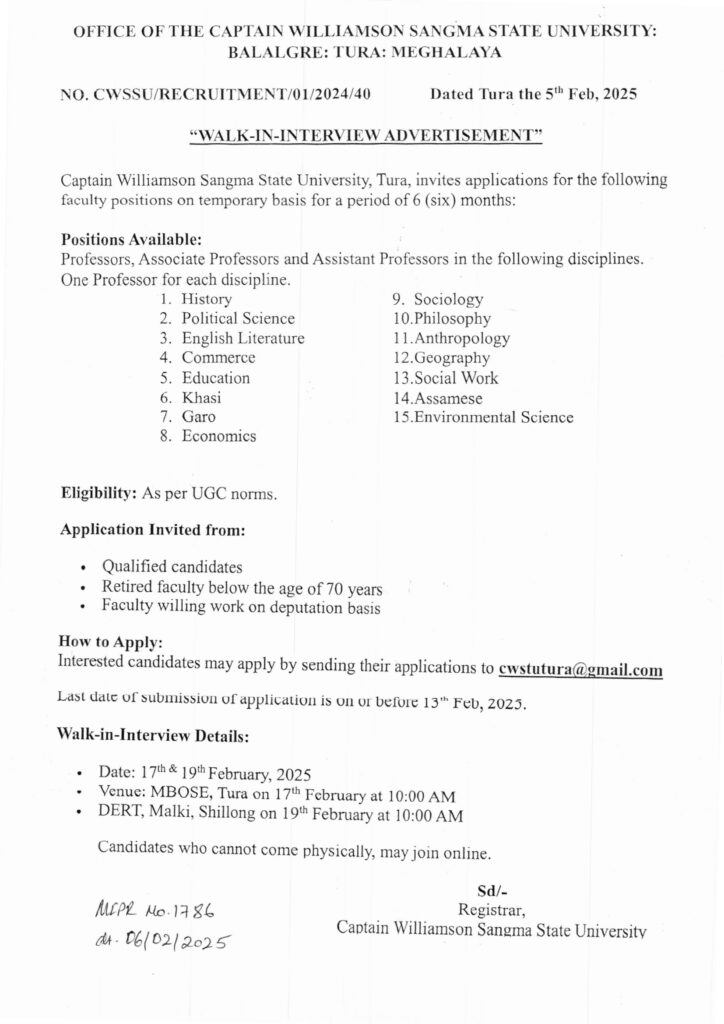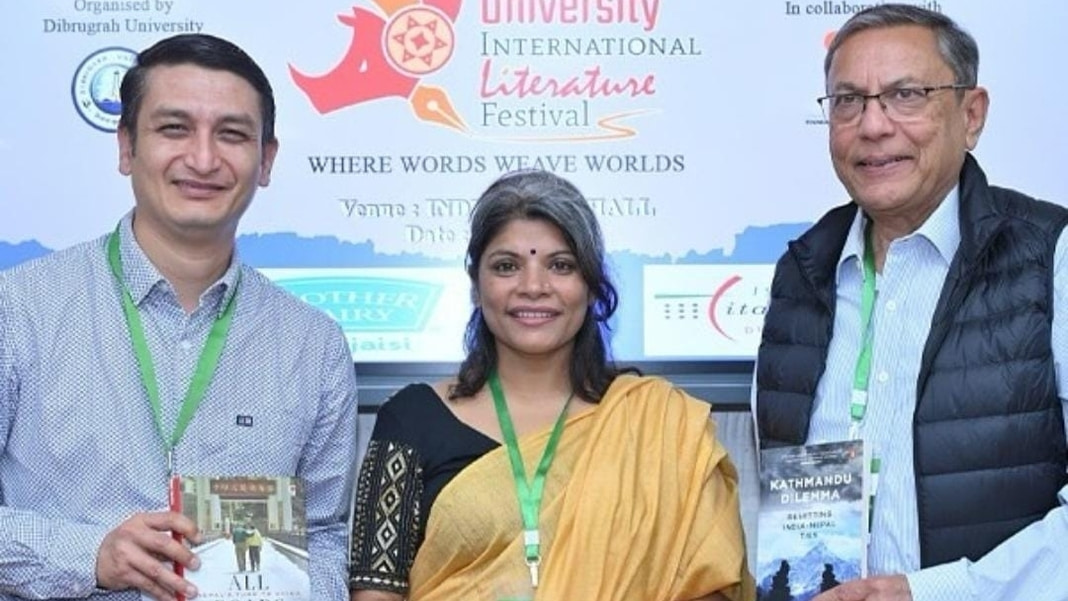Dibrugarh, Feb 7: Whether Nepal should “look north or south” sparked a vibrant discussion at an international literary festival underway at Dibrugarh University in eastern Assam.
The four-day event brings together over 200 writers from around 25 countries across Asia, Africa, and Europe, hosting more than 50 sessions exploring literature and cultural narratives. One particularly engaging session, Nepal Narrative: People, Palace, and Politics, featured Kathmandu-based author Amish Raj Mulmi, known for his book All Roads Lead North: Nepal’s Turn to China.
Speaking on Thursday evening, Mulmi acknowledged that Nepal’s historic relationship with India had strained in recent years due to the nation’s increasing economic reliance on China. He explained that despite Nepal’s deeper historical and cultural ties with India, the lack of resources for economic development had compelled the country to “look north.”

Adding a touch of humour, former Indian ambassador to Nepal Ranjit Rae, another panellist, suggested that Mulmi’s book might better be titled All Roads Lead South, highlighting Nepal’s enduring cultural and historical connections with India.
Mulmi also reflected on the abolition of Nepal’s 240-year-old monarchy in 2008, which marked the end of its status as the world’s only Hindu kingdom. While the transition initially improved ties with India, relations later deteriorated.
Nepal-born author Smriti Ravindra, acclaimed for her debut novel The Woman Who Climbed Trees, emphasized the shared heritage of India and Nepal while shedding light on regional misconceptions. Both Mulmi and Ravindra noted how literary portrayals often depict Nepalis as Himalayan mountaineers, overlooking the diverse realities of southern Nepal’s Terai lowlands.

Hailing from the Terai region, Ravindra highlighted the struggles of the Madheshi community, who are frequently mistaken for Indians even within Nepal due to their physical resemblance. She expressed frustration over the community’s marginalization by northern Nepalis and the government.
Identifying proudly as Madheshi rather than Nepali, Ravindra shared that cross-border marriages with Indians were common in her family. “It feels less like marrying into another country and more like marrying into another state,” she remarked.
In response to audience questions, both writers admitted that while Nepalis have travelled widely, Nepal’s diaspora literature has yet to gain significant prominence.
Read: Imphal host, second edition of Eikhoigi Imphal International Film with grandeur, after three years
WATCH:
Find latest news from every corner of Northeast India at hubnetwork.in, your online source for breaking news, video coverage.
Also, Follow us on-
Twitter-twitter.com/nemediahub
Youtube channel- www.youtube.com/@NortheastMediaHub2020
Instagram- www.instagram.com/ne_media_hub
Download our app from playstore – Northeast Media Hub





